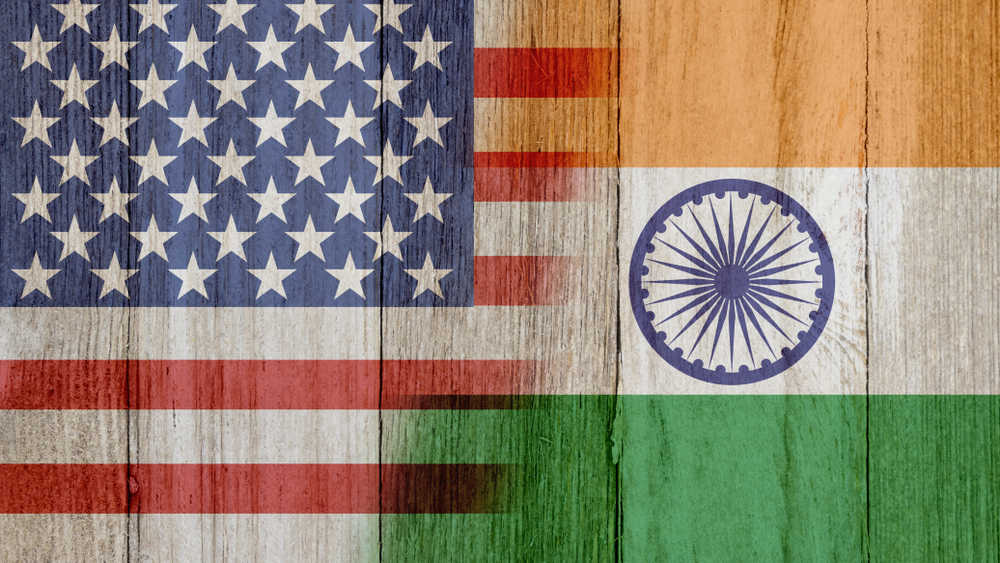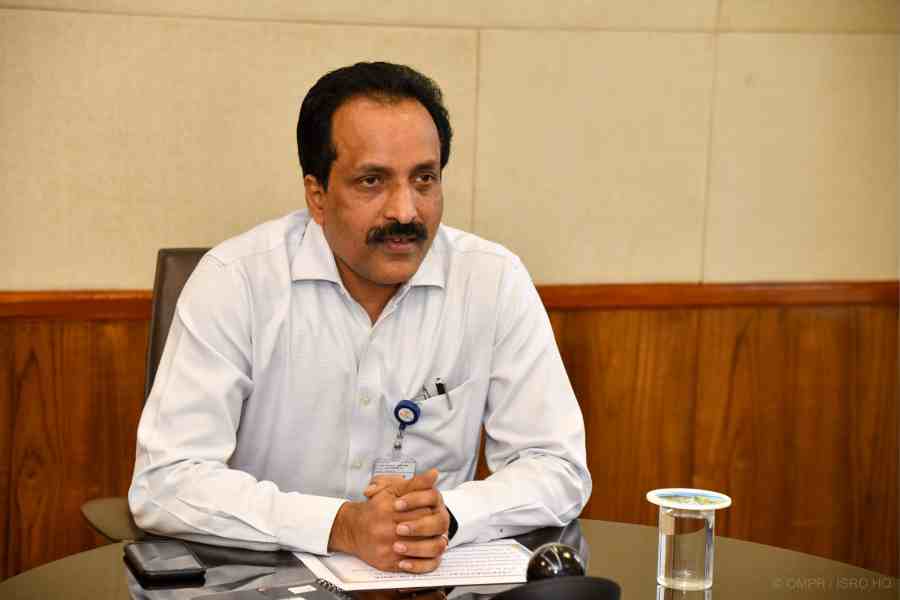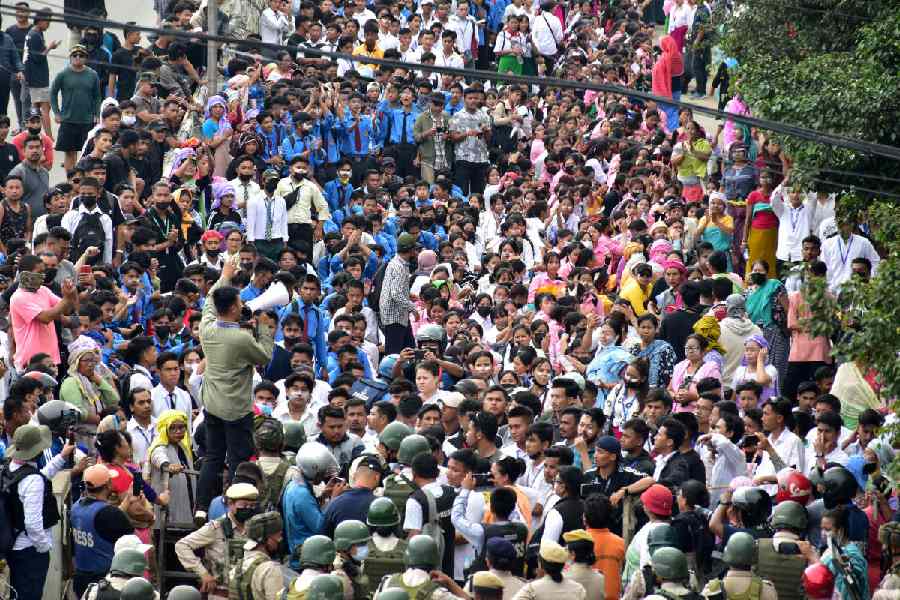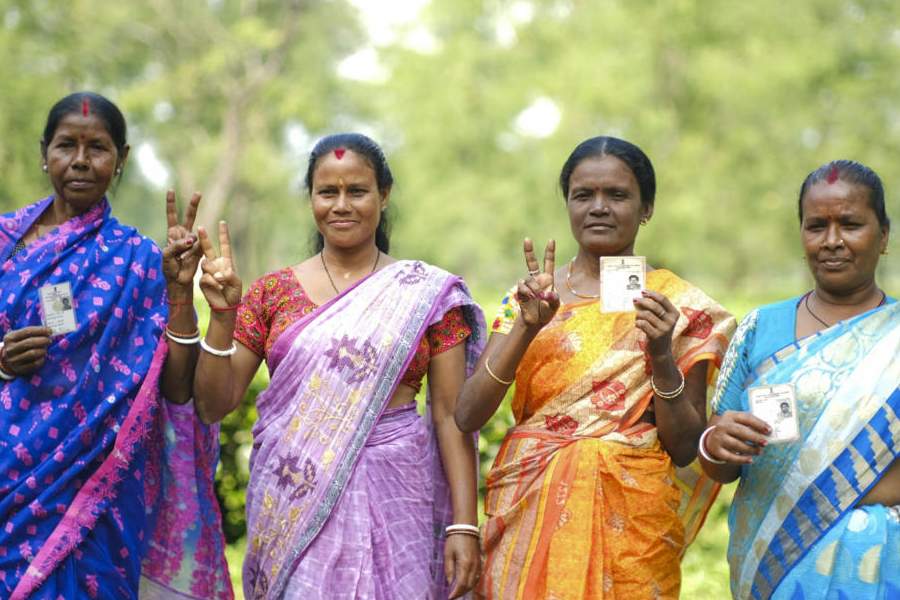Spoiler alert. There is a scene in the popular Netflix regency drama, Bridgerton, where Daphne is trying to convince the Queen that it was love at first sight for her and the Duke. Then the Duke corrects the record: it was initially a strategic decision on their part to pretend to be in love, he informs the Queen, though he had now truly fallen for Daphne.
That is a little like the state of the relations between India and the United States of America today, after the administration of Donald Trump — he left office yesterday — declassified its strategic documents for the Indo-Pacific region, outlining the rationale for America’s attraction to India. New Delhi has for long argued that its relationships with other nations, especially the US, are not about containing any third country. It rightly does not like to be seen — or even mistakenly interpreted — as working on behalf of any other country. It is no one’s Team B. But the declassification of the US strategy document eliminates that fig leaf, explaining clearly that America’s primary reason for its increased alignment with India is to “counter Chinese influence in South and Southeast Asia and other regions of mutual concern”.
Sure, you might say, we always knew that. We did. But the declassification of a policy that is still in place ties India’s hands each time it wants to resort to its stock reply on China — that New Delhi is not part of some grand conspiracy to contain Beijing’s growth. It is also a smart ploy by Trump’s team to reduce Joe Biden’s negotiating room with China. By outlining a series of military steps to strengthen the defence capabilities of the US’s partners and allies in the Indo-Pacific, the now-public document makes it difficult for Biden to try something different without risking criticism that he is “weak” on China.
By itself, this is all an inconvenience, nothing more, for India and Biden. But here is the twist. While some believe Biden might retreat a step or two — no more — from Trump’s directly confrontational approach with China, it is likely that we might see a role reversal when it comes to US-Russia relations.
Though the Trump administration maintained and enforced tough sanctions against Russia for its interference in the US democratic process in 2016, those moves never really had the full-throated backing of the White House. That, along with broad bipartisan support for India in the US, has so far allowed New Delhi to avoid sanctions for its purchase of the S-400 missile defence system from Russia. But US officials have warned India that time might be running out.
For Moscow, the S-400 deal with India, agreed upon by President Vladimir Putin and Prime Minister Narendra Modi, is a litmus test of whether New Delhi truly still retains an independent foreign policy. Finding a way out of this crisis without either upsetting Russia or attracting sanctions was never going to be easy. Attempting to do so without suggesting that Washington somehow holds the strings to New Delhi’s foreign policy will be even harder.
That is not all. Both Biden and the British prime minister, Boris Johnson, have pitched the idea of a group of 10 democracies — the United Kingdom is calling it the D10 — that will brainstorm and develop common global positions. The implicit focus of the group? China and Russia. New Delhi is thrilled to be a part of the D10 — the US, the UK, Germany, Japan, France, Italy, Canada, Australia and South Korea will be the others — but would have been careful about avoiding criticism of Russia. Now every move India makes in such a grouping will be seen by Moscow and Beijing through the prism of whether it aids US interests in the Indo-Pacific region.
It is tempting to think that India should just give up this game of shadows and openly acknowledge itself as a US ally with shared interests against China. After all, Beijing is hardly being friendly with New Delhi as is. Why bother about China’s sentiments?
That is a dangerous trap, mostly because it only increases India’s dependence on one country — the US — that itself is far from predictable or reliable. And I do not mean just the past four years under Trump. Veteran Indian diplomats have not forgotten how Barack Obama, and the Chinese president, Xi Jinping, sprung a surprise on the world by announcing their climate deal just before the Paris agreement was to be finalized. After that, it was almost impossible for others like India to resist the pressure to sign on to the deal.
So what is the way forward? New Delhi could turn the discomfort of the declassified document into a weapon to explain to the Biden administration why India needs to be even more careful about perceptions. It could use the situation to buy itself greater strategic space instead of watching it shrink. Ultimately, this is not about proving anything to Russia, China or any other nation. This is about India’s strategic identity.











